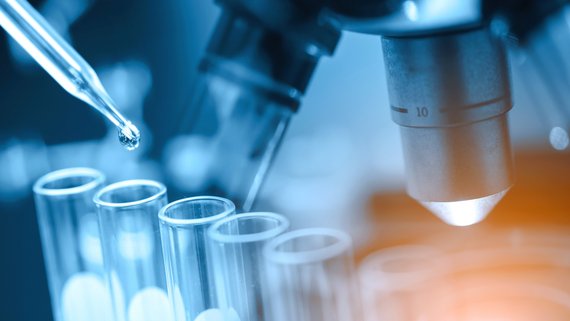Press release of the Initiative Study Location Germany
Every year, 20 May is International Clinical Research Day, proclaimed by the European Clinical Research Infrastructures Network (ECRIN). It recognises the many benefits of conducting clinical trials with patients. On this occasion, the "Initiative Study Location Germany" (ISD) points out that central improvements to Germany as a study location, which were initiated last October with the Medical Research Act, have not yet been implemented. It is crucial that the new federal government quickly takes over the baton so that Germany can once again successfully compete internationally for study programmes. More than 25 organisations and institutions from the German study system belong to the ISD.
The ISD therefore welcomes the fact that strengthening clinical research in both industry and public research institutions is a declared goal of the new federal government's coalition agreement and is to be supported by numerous measures.
For example, it is urgent that the standard contractual clauses announced in the law be adopted in an ordinance in the near future. In order to be practicable, they should be strongly based on the tried-and-tested model contract clauses published in 2023 by the organisations Deutsche Hochschulmedizin, KKS-Netzwerk, BPI, BVMA and vfa. Once adopted, they would form a binding basis for all contract negotiations on clinical trials between trial initiators (pharmaceutical/medical technology companies) and participating hospitals and medical practices. This is because overly long contract negotiations, which "reinvent the wheel" every time, are one of the reasons why Germany has lost importance as a trial location and has remained below its potential, for example in the testing of Covid-19 vaccines and therapeutics.
It must also be ensured that the "Specialised Ethics Committee for Special Procedures", which is currently being established, can handle the expected number of study applications (e.g. for gene and cell therapies or for the initial testing of drugs or medical technology with humans).
In order to facilitate a higher number of studies, more specialised personnel are also required. This requires a training initiative.
If Germany then increases the volume of trials again, it will be necessary to get patients more interested in participating in trials. The ISD believes that an important contribution to this would be a portal that is easy to understand for laypeople, which provides information on all ongoing clinical trials in Germany and also gives specific contact addresses. This should ideally be set up by the higher federal authorities or the EMA at EU level.
The Initiative Study Location Germany (ISD)
The Initiative Study Location Germany (ISD) is an association and dialogue forum of various organisations and institutions that are active in the field of clinical research. Its aim is to make Germany more attractive as a study location and thus to conduct more studies in Germany.
Its members include, among others
- Arbeitskreis Medizinischer Ethikkommissionen e.V. (AKEK),
- Federal Association of the Pharmaceutical Industry (BPI),
- German Medical Association (BÄK),
- Bundesverband des nicht-ärztlichen Studienpersonals in der
Klinischen Forschung e.V. (BUVEBA e.V.), - Federal Association of Medical Contract Research Organisations (BVMA),
- Federal Association of Medical Technology e.V. (BVMed),
- Deutsche Hochschulmedizin e.V. (DHM),
- German Society for Surgery (DGCH),
- German Society for Haematology and Medical Oncology e.V. (DGHO),
- German Society for Pharmaceutical Medicine (DGPharMed),
- Fraunhofer Society for the Advancement of Applied
Research e.V., - Leibniz Association,
- Network of Academic Coordinating Centres for Clinical Studies (KKS network),
- Network of University Medicine (NUM),
- Pharma Deutschland e.V.,
- Association of the Diagnostics Industry (VDGH),
- Association of Research-based Pharmaceutical Companies (vfa),
- yeswecan!cer gGmbH
Other organisations are also involved in the discussions in an advisory capacity:
- Association of the Scientific Medical Societies in Germany (AWMF),
- Initiative of German Practice-Based Research Networks (DESAM-ForNet),
- German Research Foundation (DFG),
- German Advisory Council on Health and Care (SVR),
- German Council of Science and Humanities (WR).
Further information:



